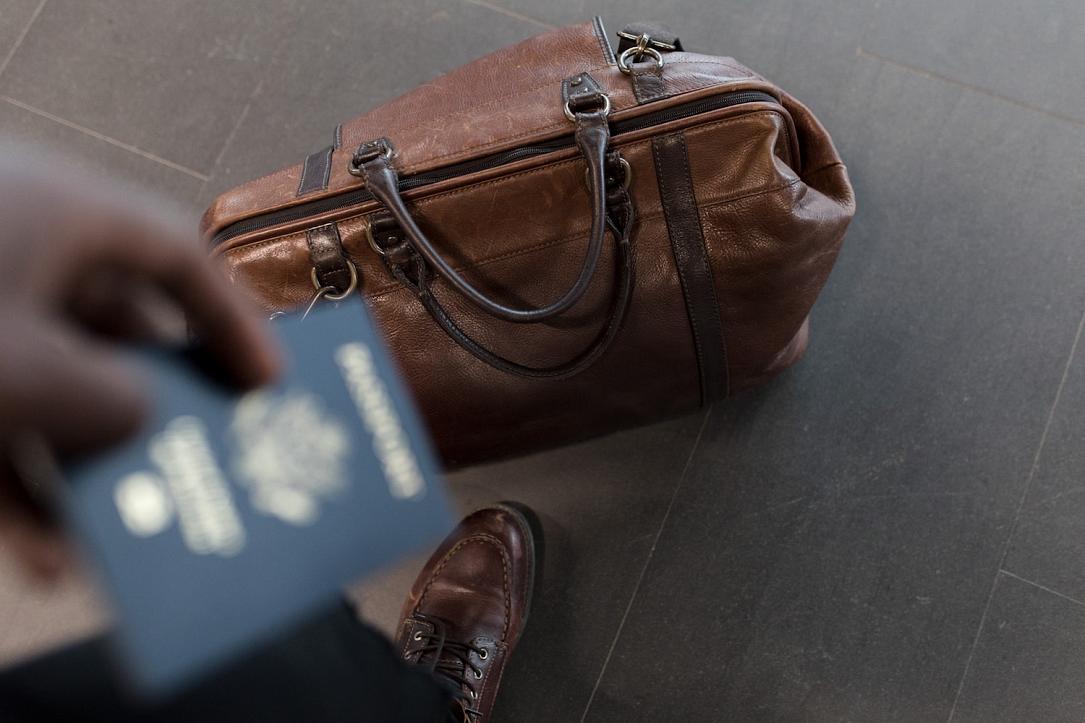Native content with Labour Law info by Grecu Partners.
Working in delegation - costs and legal implications in Romania

According to the Labour Code, the place of work can be unilaterally changed by the employer by delegating the employee to a different place of work than the one provided for in the individual employment contract. During the period of delegation, the employee retains his/her position and all other rights provided for in the individual employment contract.
Delegation is therefore the temporary performance by the employee, on the employer's instructions, of work or tasks corresponding to his duties outside his place of work.
It is important to note that delegation may be ordered for a maximum of 60 calendar days in any 12-month period and may be extended for successive periods of up to 60 calendar days only with the employee's agreement. The employee's refusal to extend the delegation may not constitute grounds for disciplinary action against the employee.
The delegated employee shall be entitled to payment of travel and accommodation expenses and to a delegation allowance under the conditions laid down by law or by the applicable collective labour agreement. The delegation allowance is also known as the daily subsistence allowance. The expenses incurred as a result of the delegation shall be justified by the travel order.
In most cases, delegations last at least 2 working days, but there are also situations where the employee is sent on a trip lasting a total of 12 hours, where the working day is 8 hours a day and the remaining 4 hours are the time required for the trip.
Regarding to the classification of time spent travelling to and from the place of delegation, we also refer to Case E-11/20, in which the Court of Justice of the European Union delivered a judgment on 15 July 2021 stating: "the time necessarily spent travelling, outside normal working hours, by a worker to a place other than the place or fixed or regular presence in order to carry out his work or duties at that other place, as required by his employer, constitutes 'working time' within the meaning of Article 2(1) of Directive 2003/88/EC of the European Parliament and of the Council of 4 November 2003 concerning certain aspects of the organisation of working time." It is irrelevant whether the journey in question is entirely within the EEA or to or from third countries if the employment contract is concluded under and governed by the national law of an EEA State. In addition, no assessment of the intensity of the work carried out during the journey is required."
Thus, if an employee works 8 hours on secondment and 4 hours are spent on the way to and from the place where he/she has been working on secondment, he/she must be granted 24 hours rest - according to the Labour Code Art. 115 para. (2): The daily working time of 12 hours shall be followed by a rest period of 24 hours. Of course, the employee may also benefit from the time needed for a lunch break, in which case working time could be reduced to 11 hours, but all these aspects must be detailed in the Internal Regulations and in the individual employment contract.
On the other hand, in cases where the employee is sent on secondment and this period extends over the weekend, for Saturdays and Sundays the employee is not entitled to the daily subsistence allowance because he/she is not working for the employer but is on weekly rest days.
In all cases where the employee is offered a delegation/day allowance, he/she is not entitled to receive a meal allowance for that day.
Author: Attorney at law, Ana Maria Nistor, Law Office Grecu & Partners.
- This is native content with Labour Law info by Grecu Partners.












